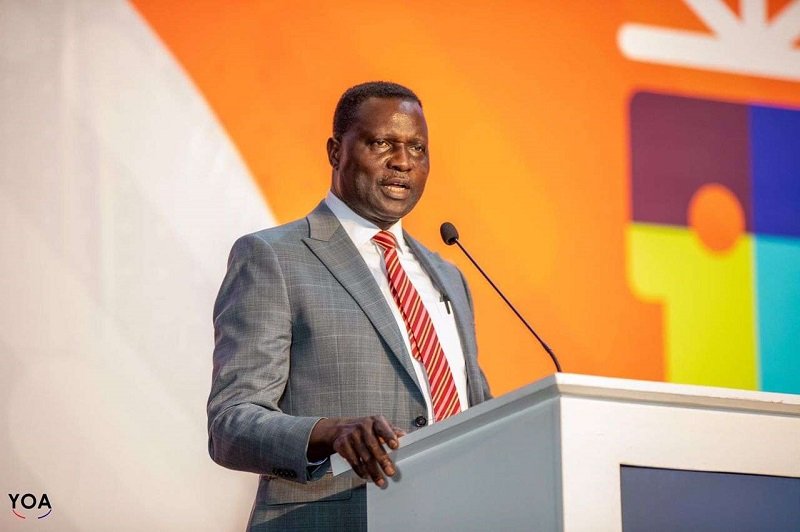The first phase of the Basic Science, Technology, Engineering, and Mathematics (BSTEM) project to future-proof Ghana’s youth for an increasingly technological world has been launched in Accra by the Minister of Education, Dr Yaw Osei Adutwum.
Jointly launched by the Ministry of Education and UK-based STEM education provider, Itec Global, it seeks to integrate STEM education into the foundational levels of Ghana’s schooling system, promoting a generation of critical thinkers, problem solvers, and innovators equipped for the demands of the Fourth Industrial Revolution.
Launching the project, Dr Osei Adutwum, explained that the BSTEM initiative introduces technology and engineering education into the basic education curriculum, with hands-on tools such as robotics kits and programming activities. He stressed that the project was designed to improve the way science and mathematics are taught, shifting from traditional rote learning to an active, engaging in classroom experience where students learn by doing.
According to the Minister of Education, this approach is critical to building skills that match the rapid technological advancements of today’s global economy.
He said the Ministry aims to equip every basic education school across Ghana with the necessary tools and resources to make STEM learning a practical and impactful experience. He said Itec Global will provide STEM kits and work closely with Ghanaian teachers to ensure the curriculum’s successful rollout.
The Education Minister pointed out that over the next five years, nearly 50,000 basic education teachers would undergo training to deliver STEM-focused lessons effectively, with the first phase alone aiming to prepare more than 8,800 junior high school science and mathematics teachers.
“STEM education is crucial for the future of our youth and our nation. Through BSTEM, we are not only equipping schools but also empowering our teachers and students to become the innovators and problem-solvers of tomorrow.”
There’s a major emphasis here on the basic and junior high schools, but it doesn’t mean that the lower levels are also not going to be benefiting. Our goal is very simple: we need to create a STEM ecosystem, and that cannot just be done at a high school but at the primary level as well,” he indicated.
Dr Adutwum further indicated that the Phase I of the BSTEM project specifically targets both junior high and primary schools. “STEM equipment will be supplied to 4,400 junior high schools across the country, and specialist science and mathematics advisors will be trained to support their teaching colleagues,” he stated.
He mentioned that these advisors, more than 40 in number, would act as mentors, helping teachers implement the BSTEM curriculum successfully and providing ongoing support as they adapt to new teaching techniques. Similarly, he noted that 4,400 primary schools will receive STEM kits, and 30 dedicated primary advisors will train one teacher from each school in new STEM activities, fostering early interest and proficiency in technology-driven subjects.
The Director of STEM, Mrs Olivia Sewah Opare, said the project seeks to provide learners with a robust foundation in practical skills that could shape their future educational and career paths.
BY TIMES REPORTER

